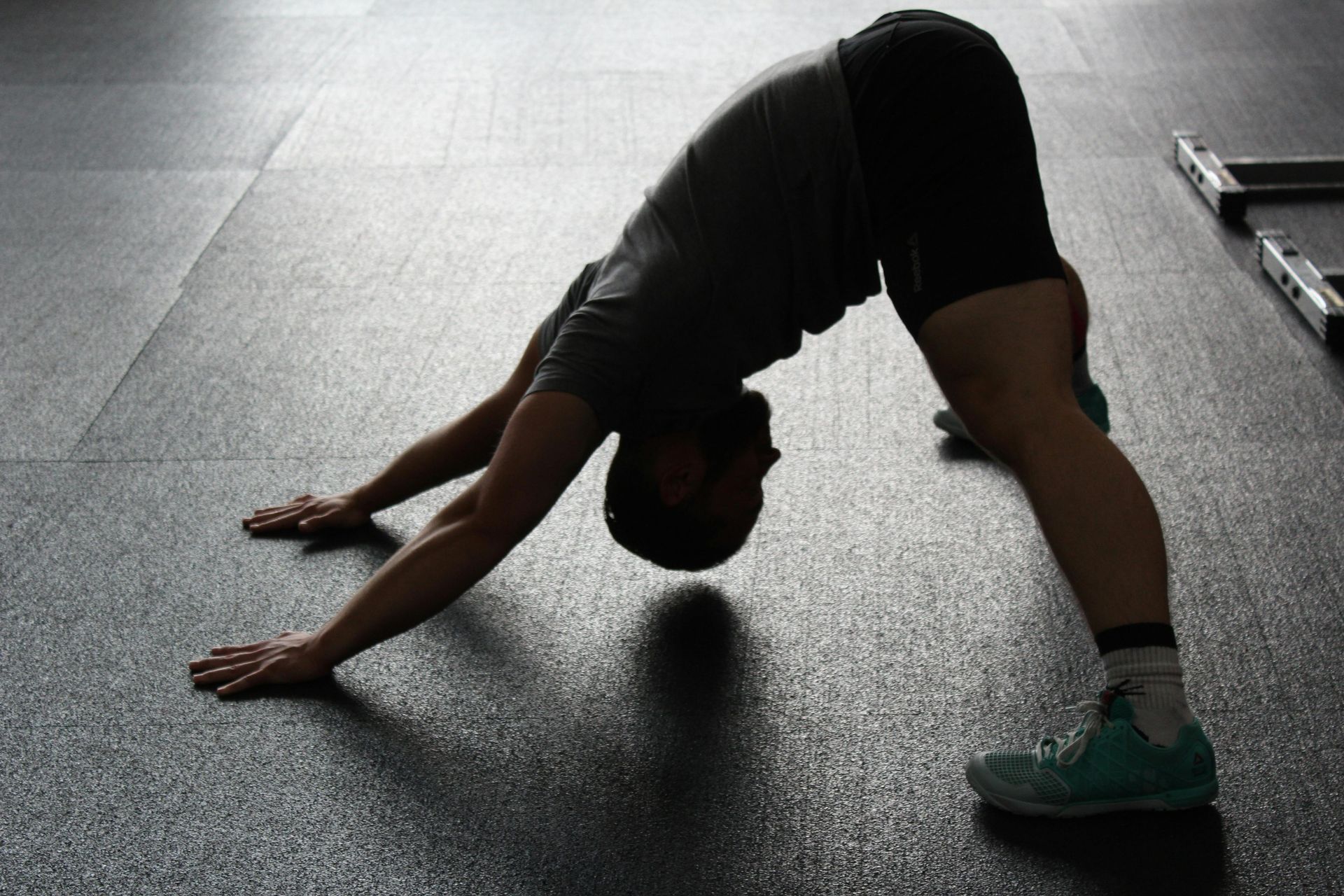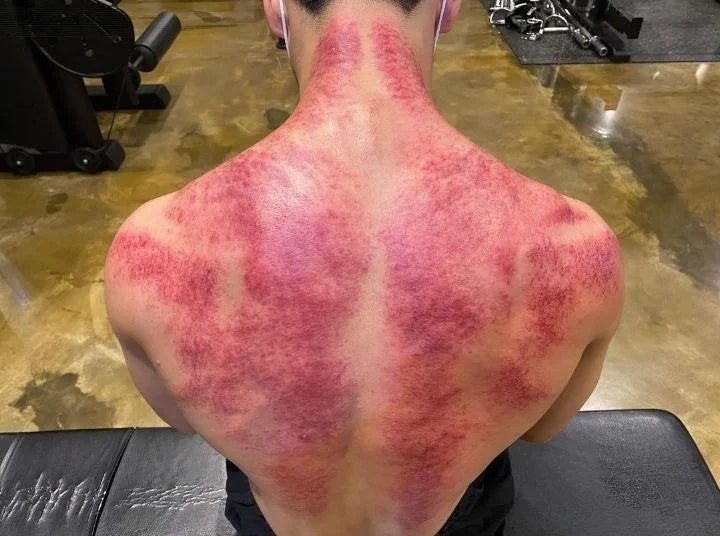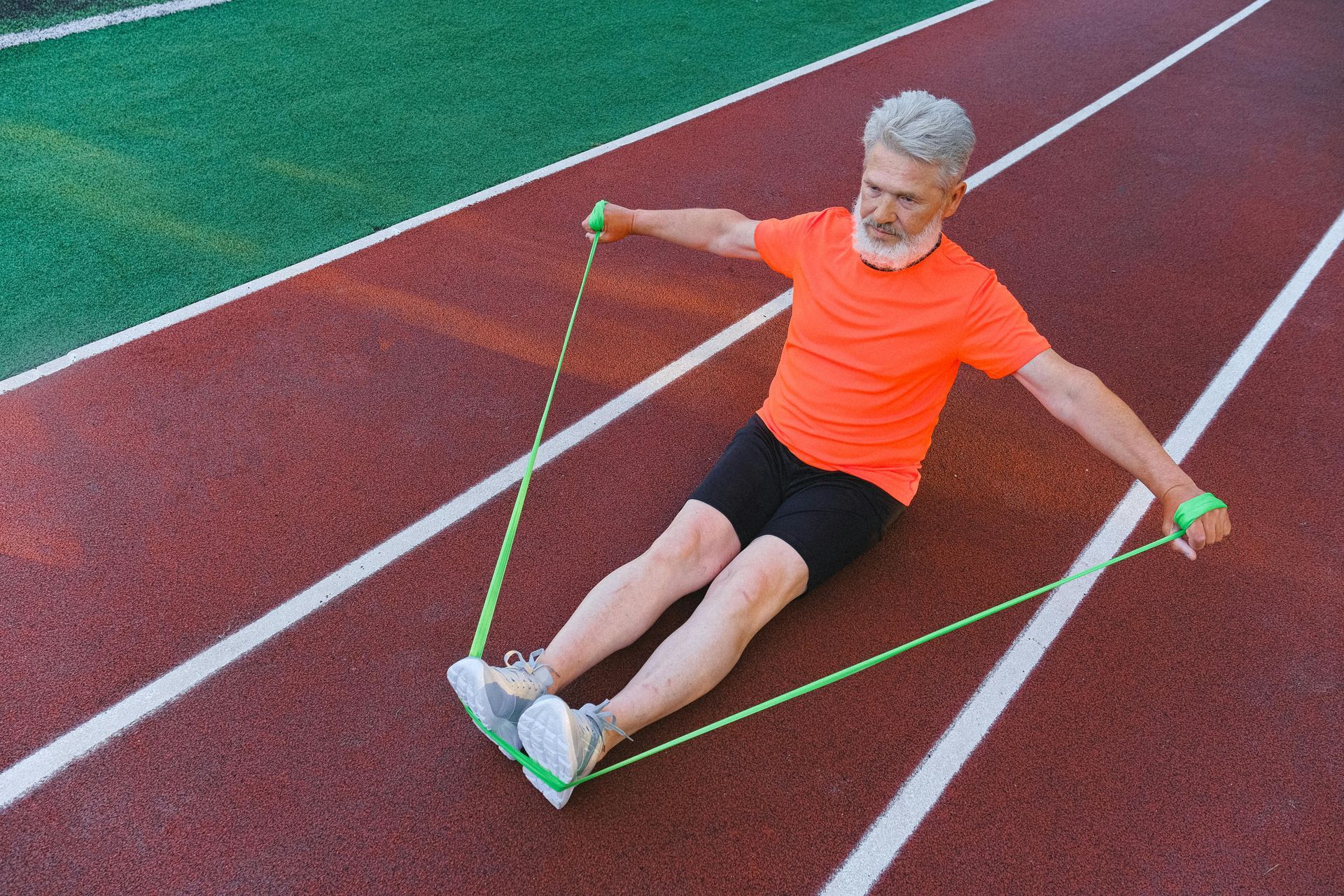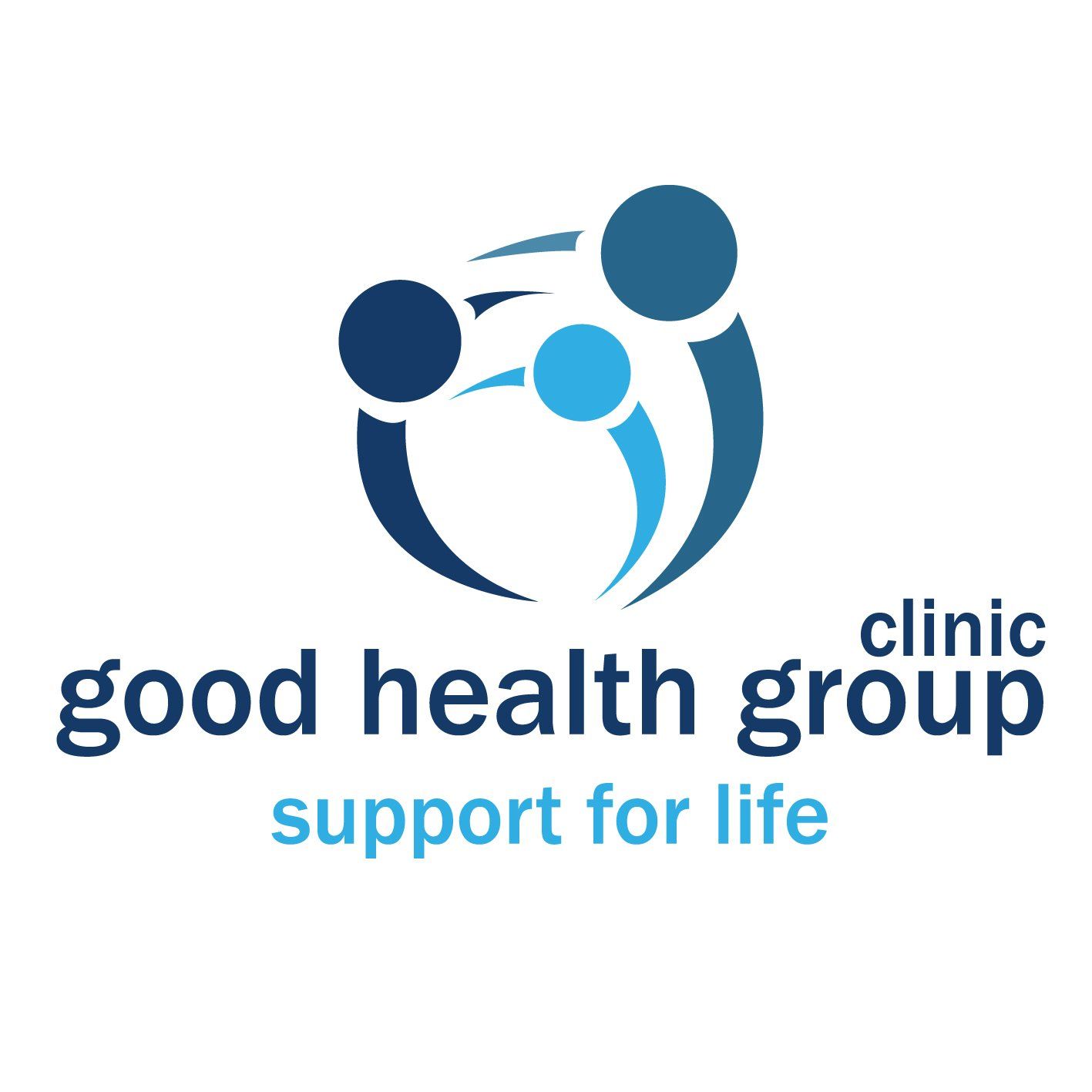Does Stretching Make Muscle Knots Worse? The Truth About Trigger Points and Flexibility
This is a subtitle for your new post

At
Good Health Group Clinic Brighton, we often hear clients say,
"I've been stretching my tight muscles, but they just won’t loosen up!"
Recently, a viral social media post caught my attention, claiming that
stretching makes muscle knots worse and that stretching fascia doesn’t work. The video compared stretching a muscle with trigger points to pulling on a knotted rubber band, it supposedly makes the knot even tighter.
The post gained a lot of traction, with many people commenting,
"No more stretching for me!" But is this really true?
As a clinic that specialises in myotherapy, chiropractic care, and remedial therapy, our practitioners, myotherapist Ian Selvarajoo, chiropractor Dr. Tanja Nishibata, and remedial and dry needling therapist Sam Noh, understand that while stretching alone isn’t always the solution, dismissing it entirely is misleading.
So, let’s explore what the science actually says about stretching, trigger points, and flexibility.
What Are Trigger Points?
Trigger points, commonly known as
muscle knots, are hyperirritable spots in the muscle that can cause local and referred pain. They develop due to:
- Chronic overuse
- Repetitive strain
- Poor posture
- Stress and nervous system tension
- Inadequate recovery after workouts
A muscle with trigger points is often
tight but weak, contracted and stiff, yet lacking strength. This explains why simply stretching the muscle may not provide relief.
Does Stretching Really Make Trigger Points Worse?
The viral video suggested that stretching a tight muscle is counterproductive because it worsens the
"knotting" effect. While this analogy may seem logical, the reality is more complex. In some cases,
aggressive stretching can aggravate tight muscles, especially when:
- The muscle is in a
highly contracted state (such as after prolonged stress or poor posture).
- The
nervous system is hypersensitive, causing muscles to tighten further in response to a stretch.
- You
hold static stretches for too long without first addressing the root cause of the tension.
However, this does
not mean stretching is inherently bad, it just needs to be done
correctly.
What Does the Science Say About Stretching and Trigger Points?
Contrary to the claim that stretching is harmful, research shows that when performed properly,
stretching can actually help alleviate muscle tightness and improve function.
- Stretching Increases Blood Flow and Oxygenation
Studies have shown that stretching enhances circulation, reducing muscle ischemia (lack of oxygen), which is one of the primary causes of trigger points. - Stretching Helps Regulate Muscle Tension
When you stretch, you activate the Golgi tendon organs, which help relax overactive muscles and reduce excessive tension. - Stretching Restores Functional Muscle Length
Chronic muscle tightness can lead to adaptive shortening, making muscles more prone to pain and dysfunction. Stretching helps counteract this.
How to Stretch the Right Way Without Making It Worse
Instead of avoiding stretching altogether, here’s how to
incorporate it safely and effectively:
1. Start With Soft Tissue Work First
Before stretching, release the muscle tension using:
- Self-massage (hands or massage ball)
- Foam rolling (avoiding excessive pressure on painful spots)
- Trigger point therapy, dry needling, or myotherapy, which our
practitioners at Good Health Group Clinic Brighton offer.
2. Use Active and Dynamic Stretching
Instead of prolonged static stretching, opt for
controlled, movement-based stretches to encourage blood flow and mobility.
- Example: Instead of a deep static hamstring stretch, try
hamstring swings or
single-leg Romanian deadlifts.
3. Avoid Overstretching Painful Muscles
Pain is a signal from your body—forcing a stretch won’t fix the issue. If stretching worsens your symptoms, it’s time to adjust your approach.
4. Strengthen Weak Muscles
Trigger points often form because a muscle is
both tight and weak. That means stretching alone isn’t enough—you also need
strength training.
- Example: Instead of constantly stretching tight hip flexors, incorporate
glute and core strengthening exercises.
How Good Health Group Clinic Brighton Can Help
At
Good Health Group Clinic Brighton, we take an
evidence-based approach to muscle health and mobility. Our team of skilled practitioners can help with:
- Myotherapy: Our
myotherapist
Ian Selvarajoo specialises in releasing muscle knots using advanced soft tissue techniques.
- Chiropractic Sports and Spinal rehab:
Dr. Tanja Nishibata can assess your posture and spinal health, ensuring your nervous system and musculoskeletal system function optimally.
- Remedial Massage &
Dry Needling:
Sam Noh provides expert
remedial therapy and dry needling to address chronic muscle tension and improve flexibility.
Stretching Is Not the Enemy
The idea that
"stretching makes knots worse" is an
oversimplification. While improper stretching can sometimes aggravate muscle tightness,
when done correctly, stretching is a powerful tool for reducing discomfort and improving mobility.
The key is
how you stretch. By combining stretching with
soft tissue release, active movement, and strengthening exercises, you can effectively manage muscle tension and enhance performance.
If you’re struggling with persistent muscle tightness, book an appointment at Good Health Group Clinic Brighton, where our expert team can help you find the best approach to mobility and recovery.
Book a Consultation Today!
Let’s get you moving better and feeling great.
Contact Good Health Group Clinic Brighton to schedule an appointment with one of our expert practitioners.
References
- Dommerholt, J., & Huijbregts, P. (2010). Myofascial Trigger Points: Then and Now: A Historical and Scientific Perspective. Journal of Manual & Manipulative Therapy, 18(4), 223–239.
- Fernández-de-Las-Peñas, C., & Dommerholt, J. (2018). Trigger Points: Diagnosis and Management. American Family Physician, 97(1), 14–20.
- Yildirim, M. S., & Uysal, H. (2020). Optimal Duration of Stretching Exercise in Patients with Chronic Myofascial Pain Syndrome: A Randomized Controlled Trial. Journal of Rehabilitation Medicine, 52(4), jrm00045.
Blogs














